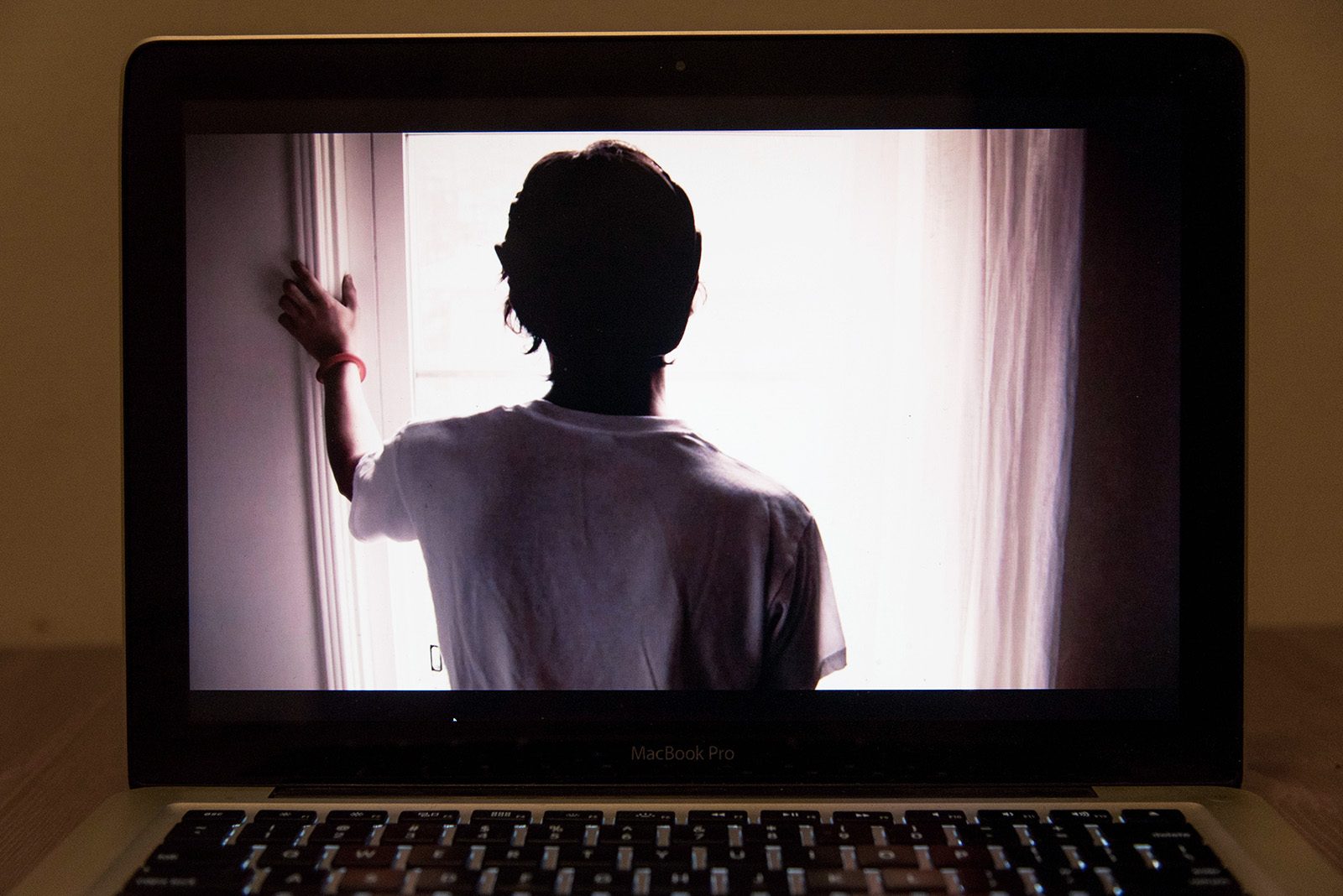
In a world divided by politics, race and income, Jane McGonigal, game designer and self-described futurist, wondered what the future might look like if people were a bit more empathetic. To answer this question, she turned to what she’s familiar with: gaming.
That’s how “Face the Future: A Game about the Future of Empathy” began. The 30-hour online global game about the future of empathy launched Sunday evening as a collaboration between McGonigal, The Allstate Foundation and Facing History and Ourselves, an organization that helps teachers have conversations about equality and justice in their classrooms.
“The most wonderful thing about the future is that there are no facts about the future,” McGonigal said at the game’s launch event.
Hundreds of people packed into the seats at Boston University’s Tsai Performance Center to hear her speak at the event. Audience members included students and educators from Facing History’s programs as well as the organization’s board members, who were on a corporate retreat.
For more than 10 years, McGonigal has been creating alternate reality games “designed to improve real lives or solve real problems,” according to her website, games such as SuperBetter, which builds players’ real-life resilience and aims to fight depression, anxiety, insomnia, chronic pain and traumatic brain injury. The Massachusetts Institute of Technology’s Technology Review named her one of the “Innovators Under 35” in 2006, and Oprah Winfrey listed her as one of the “20 Most Inspiring Women in the World.”
Before introducing the new game the team had created, McGonigal talked about the research and thought processes that went into creating such a forward-thinking game, grounded in her desire to shape the future.
“We think about the future to find out what’s possible,” McGonigal said.
She discussed three concepts that went into the game: predicting the past, remembering the future and practicing hard empathy.
This first component, also called counter-factual memory, involves imagining how a person’s life would be if he or she had made a different choice.
“What if I had gone to the airport an hour ago instead of coming here and gotten on a plane?” McGonigal said, letting audience members call out where they think they would be heading. Counterfactual foresight — or, as McGonigal calls it, “remembering the future” — means imagining doing something one has never done before.
Following McGonigal’s “x, y, z model,” audience members visualized a future scenario with three parts: doing an activity with someone they cared about at a faraway place.
For the third lesson, McGonigal argued that empathy is less emotional than people think it is; instead, it’s a creative process in which a person experiences something vicariously through someone else.
These three components all activate the same parts of the brain and lead to a boost in creativity, and all of them will help individuals imagine a better future, McGonigal said.
By participating in audience activities that stimulated these parts of the brain and getting this creative boost, the crowd was ready to join the thousands of users — mostly Facing History’s students across the world — who had already started to play the game.
Face the Future aimed to generate conversations about the future with the students from Facing History. In the game, the year is 2026, and a new social networking site called FeelThat has launched. Users of this advanced platform put on sensors and physically feel the emotions that others are experiencing across the world.
Players answered questions such as: What sort of impact would this new technology have? How would it benefit or harm society? How would it influence aspects like law enforcement and natural disaster responses? They also collected points and read what other players had to say, engaging the three aspects McGonigal discussed.
“These are serious conversations with adults that we also want to have with kids,” said Daniel Braunfeld, a senior program associate for special projects at Facing History and Ourselves.
Though the project had been in the works for over a year, McGonigal pointed out that its focus on empathy is especially relevant in light of current events like the presidential election.
“We woke up with a hangover after this election and realized we don’t know how others feel in the country,” McGonigal said.
Dale Mnookin, a member of the New England Advisor Board at Facing History and Ourselves, said collaborations such as the Face the Future game expand beyond the issues going on in the United States.
“Facing History works with millions of kids all over the world to teach them the concepts of tolerance and justice,” Mnookin said.
Closing the launch event, Jill Garling, a member of Facing History’s Board of Directors, said she was excited about the game’s potential to teach the next generation.
“I just am really struck by the idea that with knowledge … and empathy,” Garling said, “… We can move towards action.”


